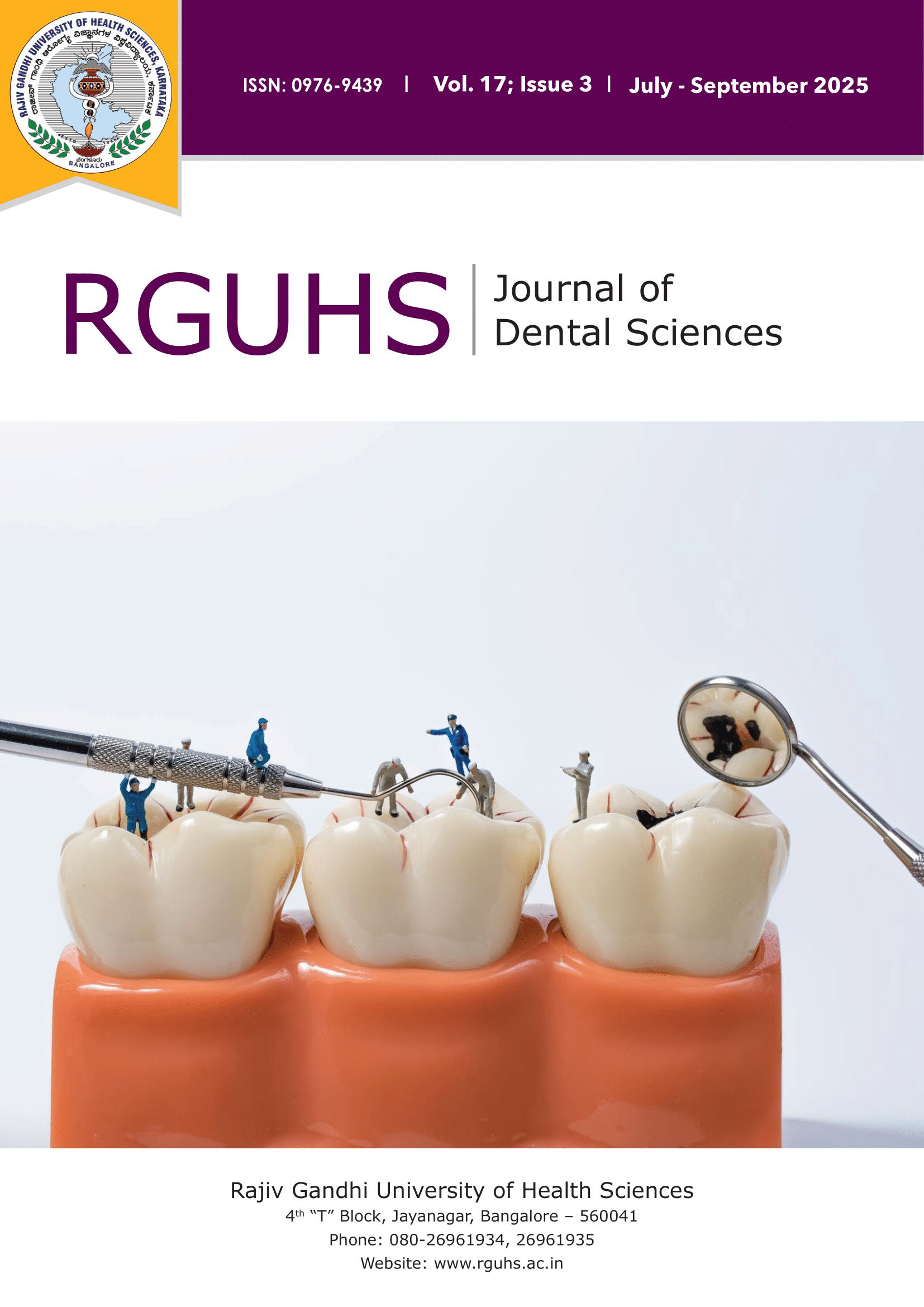
RGUHS Nat. J. Pub. Heal. Sci Vol No: 17 Issue No: 3 pISSN:
Dear Authors,
We invite you to watch this comprehensive video guide on the process of submitting your article online. This video will provide you with step-by-step instructions to ensure a smooth and successful submission.
Thank you for your attention and cooperation.
1Dr. Suchetha A, Editor-in-chief
*Corresponding Author:
Dr. Suchetha A, Editor-in-chief, Email:
Abstract
None
Keywords
Downloads
-
1FullTextPDF
Article
“Wisdom is not a product of schooling but of the lifelong attempt to acquire it.”
- Albert Einstein
Artificial intelligence (AI) includes a wide range of emerging technologies. The rise of AI enables the analysis of larger data feasible, provides information, and enhances the decision-making process. The core component of artificial intelligence technology is a neural network that is designed like that of human brains, which can also simulate human thoughts.
Futuristic applications of AI are considered to be helpful in patient scheduling, medical research, drug interactions, diagnosis, prognosis, and robotic surgery, eventually improving surgical practice with the use of imaging and navigation. AI-based applications reduce the dental workload of clinicians from routine tasks and eventually facilitate precise, predictive, and preventive dentistry.
AI is transforming and revolutionizing the dental field. This technology has a great impact on health care by enhancing the quality of care, increasing the efficiency and safety of services, and supporting medical research
Supporting File
References
None